Carrie Mae Weems is an American contemporary artist known for her thought-provoking and socially conscious art. She was born in Portland, Oregon in 1953 and has been creating art for over four decades. Her work explores themes of race, gender, and identity, and often challenges societal norms and stereotypes. Weems is also a recipient of the prestigious MacArthur Fellowship, often referred to as the “genius grant”, for her contributions to contemporary art.Carrie Mae Weems: The Artist Behind The Kitchen Table Series
The Kitchen Table Series is one of Carrie Mae Weems’ most iconic works, consisting of 20 photographs and text panels displayed in a linear fashion. The series was created between 1989 and 1990 and documents the daily life of a fictional African American woman, played by Weems herself, at her kitchen table. The Kitchen Table Series challenges traditional notions of domestic life and presents a more nuanced and complex view of the role of women in the household. The series captures intimate moments of the woman’s life, from solitary moments of contemplation to moments of conflict and love with her partner and children.The Kitchen Table Series: A Visual Journey of Domestic Life
Photography is a powerful medium for Weems to convey her message in The Kitchen Table Series. Each photograph is carefully composed and staged, with the use of lighting and props to create a sense of realism. The photographs are also accompanied by text panels, adding another layer of meaning to the images. In The Kitchen Table Series, Weems challenges the male gaze prevalent in traditional photography by placing herself as the subject and creator of the images. As a black woman, she also subverts the dominant narratives and presents a more diverse and authentic representation of African American women.The Power of Photography in The Kitchen Table Series
Feminism is a recurring theme in The Kitchen Table Series. Weems’ portrayal of the woman at her kitchen table challenges the traditional gender roles assigned to women in the domestic sphere. The series also highlights the intersectionality of race and gender, as the woman’s experiences are shaped by both her gender and race. The Kitchen Table Series also addresses issues of power and agency, as the woman is not simply a passive subject but an active participant in shaping her own narrative. Weems’ use of text panels and handwritten notes adds a personal and empowering touch to the series.Feminism and Intersectionality in The Kitchen Table Series
Identity, race, and gender are central themes in The Kitchen Table Series. Weems’ portrayal of the African American woman challenges societal norms and stereotypes, and presents a more nuanced and complex view of the black experience. The series also sheds light on the intersectionality of identity, as the woman’s experiences and struggles are shaped by both her race and gender. Weems’ use of her own image in the photographs adds a personal and intimate touch to the series, inviting viewers to reflect on their own identities and experiences.Exploring Identity, Race, and Gender in The Kitchen Table Series
The Kitchen Table Series has had a significant impact in the art world, not only for its powerful themes and messages but also for its innovative use of photography and text. The series has been exhibited in major museums and galleries around the world, and has become a staple in contemporary art history. Through The Kitchen Table Series, Weems has challenged dominant narratives and presented a more diverse and inclusive view of the world. Her work continues to inspire and provoke discussions on important social issues, making her one of the most influential artists of our time.The Impact of The Kitchen Table Series in the Art World
Carrie Mae Weems’ The Kitchen Table Series is a powerful and thought-provoking body of work that challenges societal norms and stereotypes. Through her use of photography and text, Weems presents a more nuanced and complex view of domestic life, identity, race, and gender. The series has made a significant impact in the art world and continues to inspire and spark important conversations on social issues. Conclusion
Exploring Intersectionality through the Kitchen Table Series by Carrie Mae Weems

The Kitchen Table Series: A Powerful Exploration of Identity and Domesticity
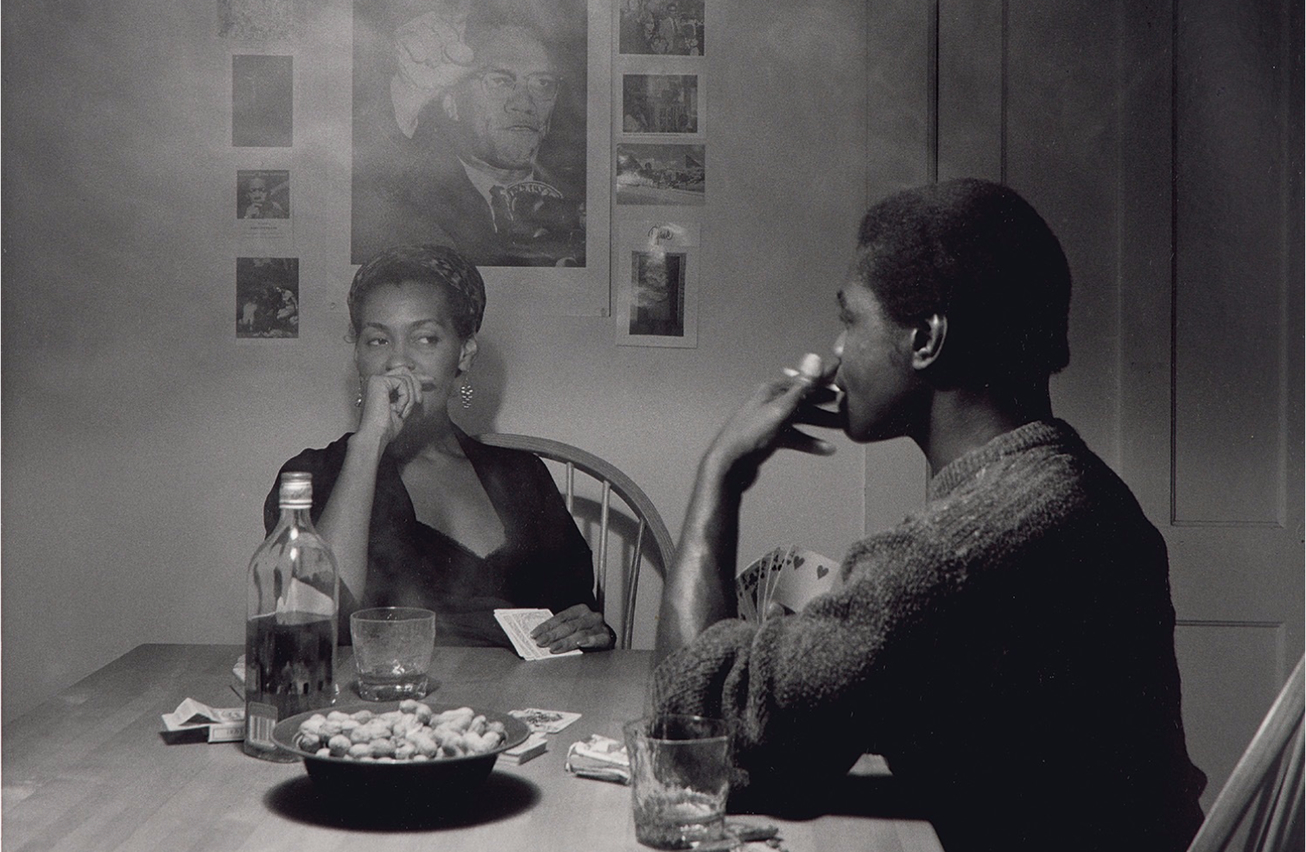 The Kitchen Table Series is a groundbreaking collection of photographs by American artist Carrie Mae Weems. The series, created in the late 1980s and early 1990s, features staged scenes of a woman, played by Weems herself, sitting at a kitchen table in various domestic settings. Through these images, Weems delves into themes of gender, race, and class, while also challenging traditional notions of domesticity and the role of women in the home.
The Kitchen Table Series serves as a powerful exploration of intersectionality, a term used to describe how different aspects of a person's identity (such as race, gender, class, and sexuality) intersect and interact with one another, shaping their experiences and perspectives.
Weems uses the kitchen table, a symbol of domesticity and the traditional role of women in the home, as a stage for her exploration of identity. Through the series, she highlights the complexities and nuances of being a Black woman in America, while also shedding light on the universal experiences of women everywhere.
The Kitchen Table Series is a groundbreaking collection of photographs by American artist Carrie Mae Weems. The series, created in the late 1980s and early 1990s, features staged scenes of a woman, played by Weems herself, sitting at a kitchen table in various domestic settings. Through these images, Weems delves into themes of gender, race, and class, while also challenging traditional notions of domesticity and the role of women in the home.
The Kitchen Table Series serves as a powerful exploration of intersectionality, a term used to describe how different aspects of a person's identity (such as race, gender, class, and sexuality) intersect and interact with one another, shaping their experiences and perspectives.
Weems uses the kitchen table, a symbol of domesticity and the traditional role of women in the home, as a stage for her exploration of identity. Through the series, she highlights the complexities and nuances of being a Black woman in America, while also shedding light on the universal experiences of women everywhere.
The Impact of The Kitchen Table Series
 The Kitchen Table Series has had a profound impact on the art world and beyond. It has been exhibited in major galleries and museums around the world, including the Guggenheim Museum in New York and the Tate Modern in London, and has been praised for its thought-provoking and emotionally charged content.
The series has been instrumental in breaking down barriers and challenging societal norms, particularly in regards to the representation of Black women in art.
Weems' use of self-portraiture and her incorporation of text in the photographs adds another layer of depth to the series, allowing viewers to connect with the images on a personal level.
The Kitchen Table Series has had a profound impact on the art world and beyond. It has been exhibited in major galleries and museums around the world, including the Guggenheim Museum in New York and the Tate Modern in London, and has been praised for its thought-provoking and emotionally charged content.
The series has been instrumental in breaking down barriers and challenging societal norms, particularly in regards to the representation of Black women in art.
Weems' use of self-portraiture and her incorporation of text in the photographs adds another layer of depth to the series, allowing viewers to connect with the images on a personal level.
The Relevance of The Kitchen Table Series Today
.jpg) Although The Kitchen Table Series was created over 30 years ago, its themes and messages are still relevant today.
Weems' exploration of intersectionality and the complexities of identity resonates with contemporary discussions surrounding race, gender, and social justice.
In a time when issues of representation and equality are at the forefront, The Kitchen Table Series serves as a powerful and timely reminder of the importance of diverse and inclusive perspectives in art and society.
In conclusion, The Kitchen Table Series by Carrie Mae Weems is a groundbreaking and thought-provoking collection of photographs that challenges traditional notions of domesticity and identity. Through her powerful images, Weems invites viewers to reflect on their own experiences and perspectives, while also shedding light on the universal struggles and triumphs of women everywhere. The series continues to be a significant and relevant contribution to the art world, proving the enduring power of intersectionality in shaping our understanding of the world around us.
Although The Kitchen Table Series was created over 30 years ago, its themes and messages are still relevant today.
Weems' exploration of intersectionality and the complexities of identity resonates with contemporary discussions surrounding race, gender, and social justice.
In a time when issues of representation and equality are at the forefront, The Kitchen Table Series serves as a powerful and timely reminder of the importance of diverse and inclusive perspectives in art and society.
In conclusion, The Kitchen Table Series by Carrie Mae Weems is a groundbreaking and thought-provoking collection of photographs that challenges traditional notions of domesticity and identity. Through her powerful images, Weems invites viewers to reflect on their own experiences and perspectives, while also shedding light on the universal struggles and triumphs of women everywhere. The series continues to be a significant and relevant contribution to the art world, proving the enduring power of intersectionality in shaping our understanding of the world around us.

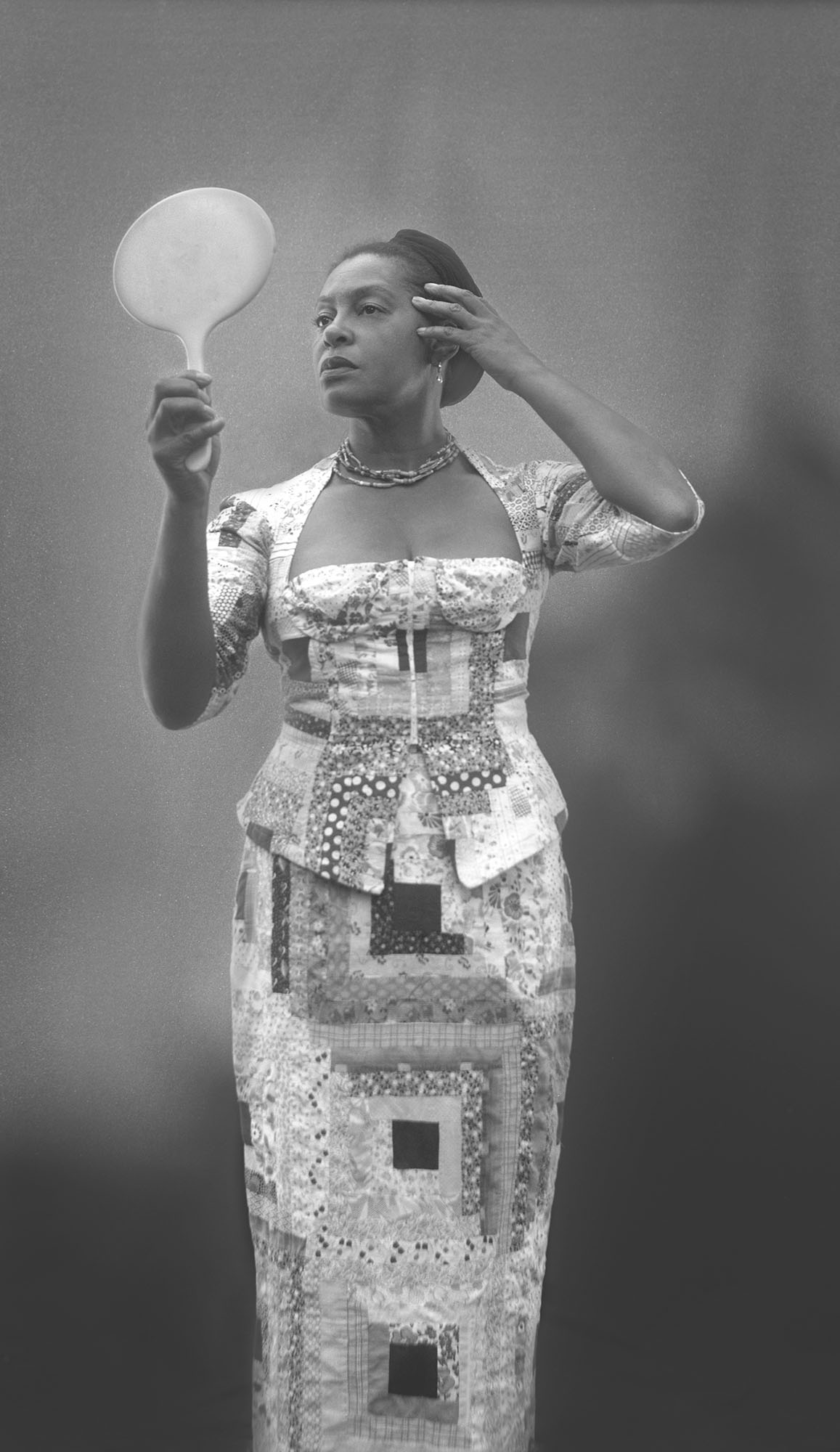







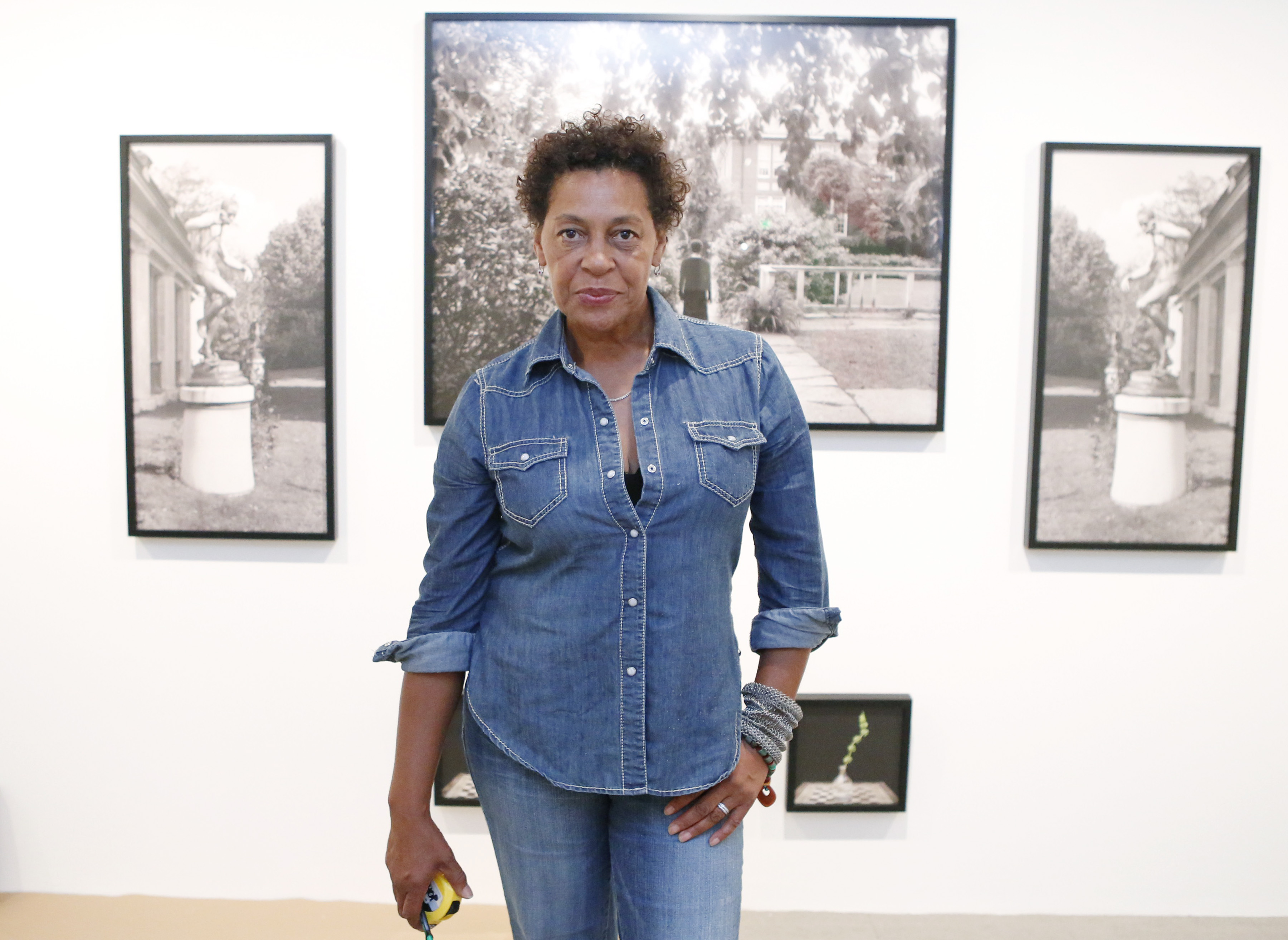
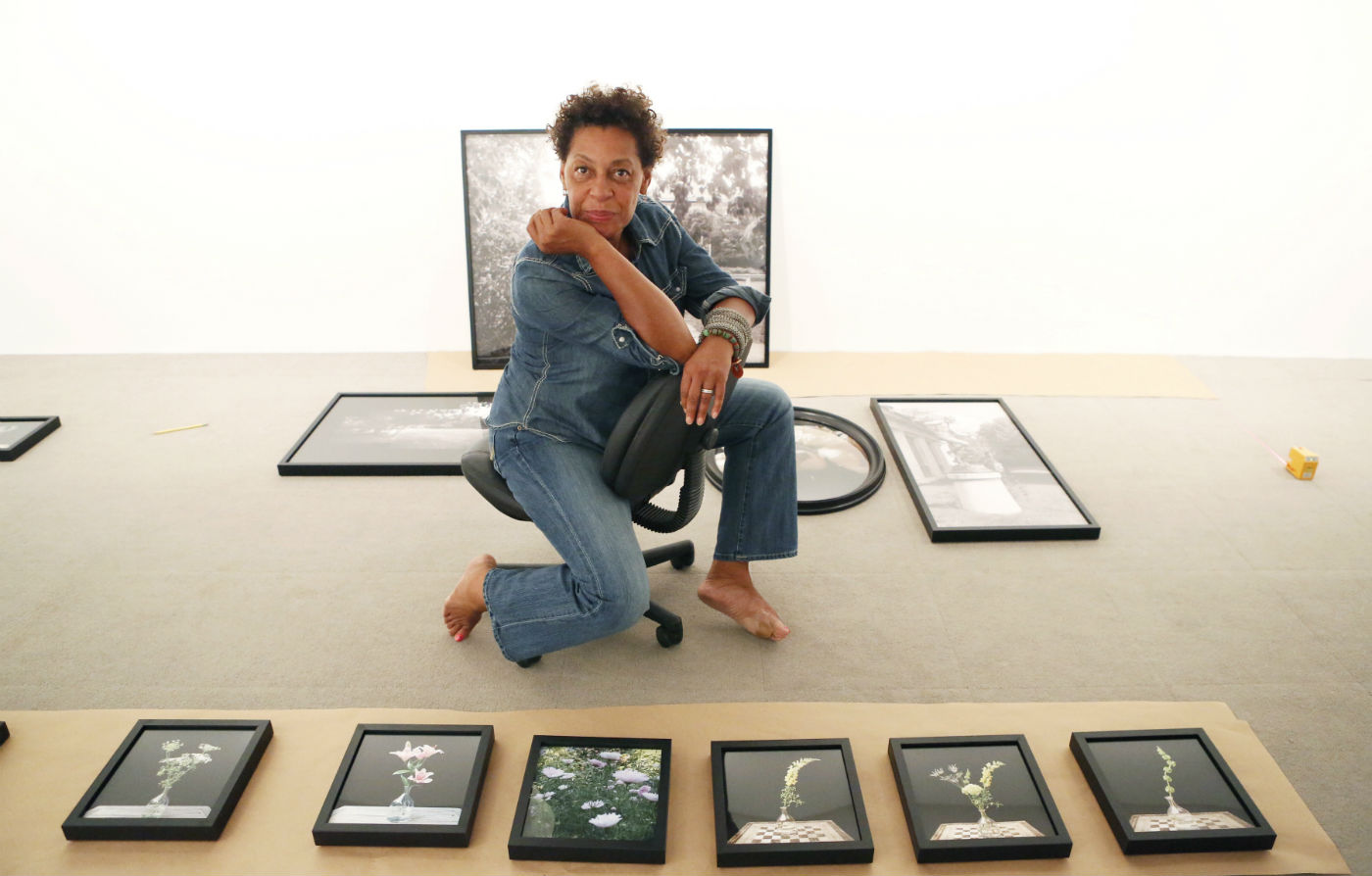























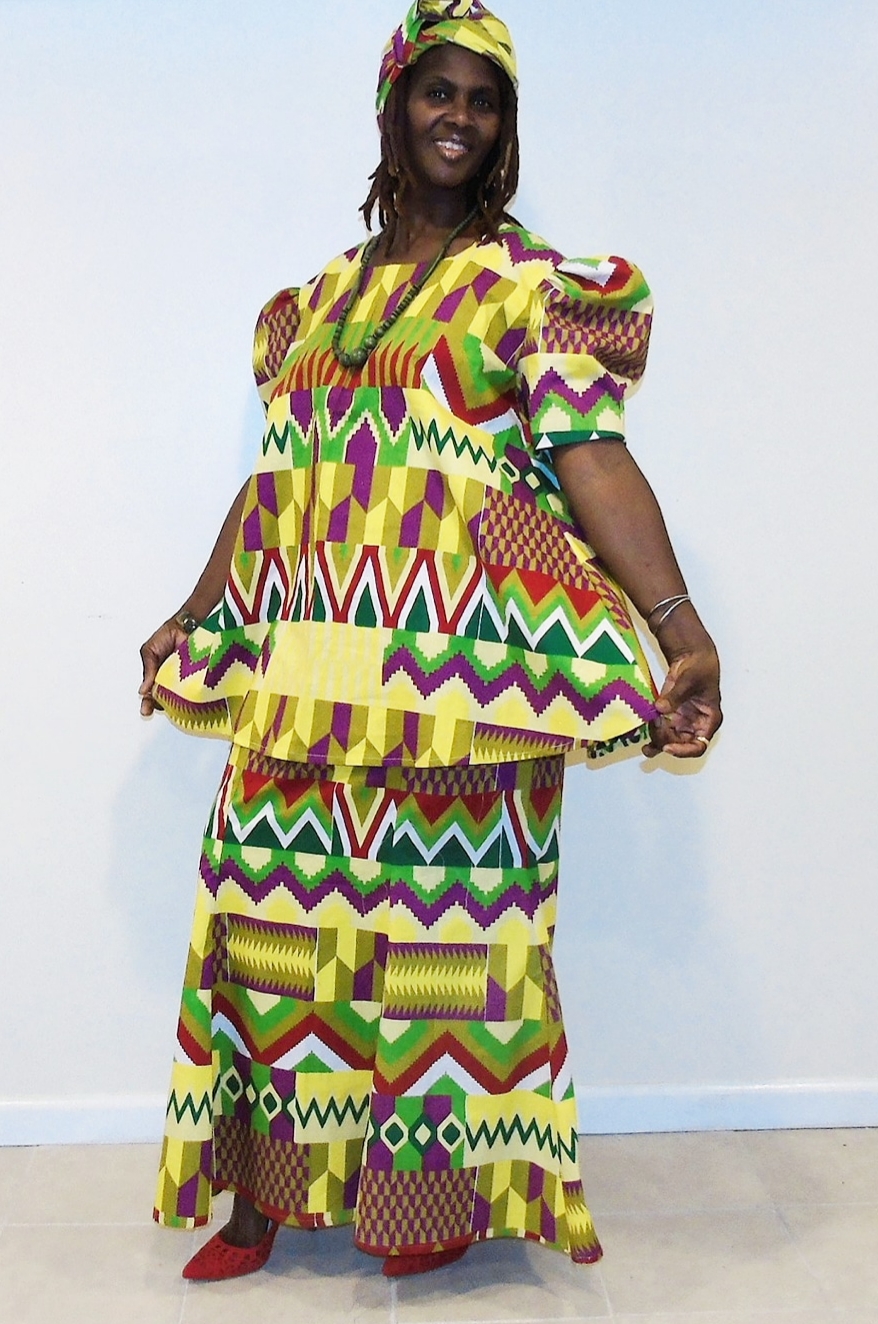

:max_bytes(150000):strip_icc()/MLK-589c7eaf3df78c4758d16d97.jpg)


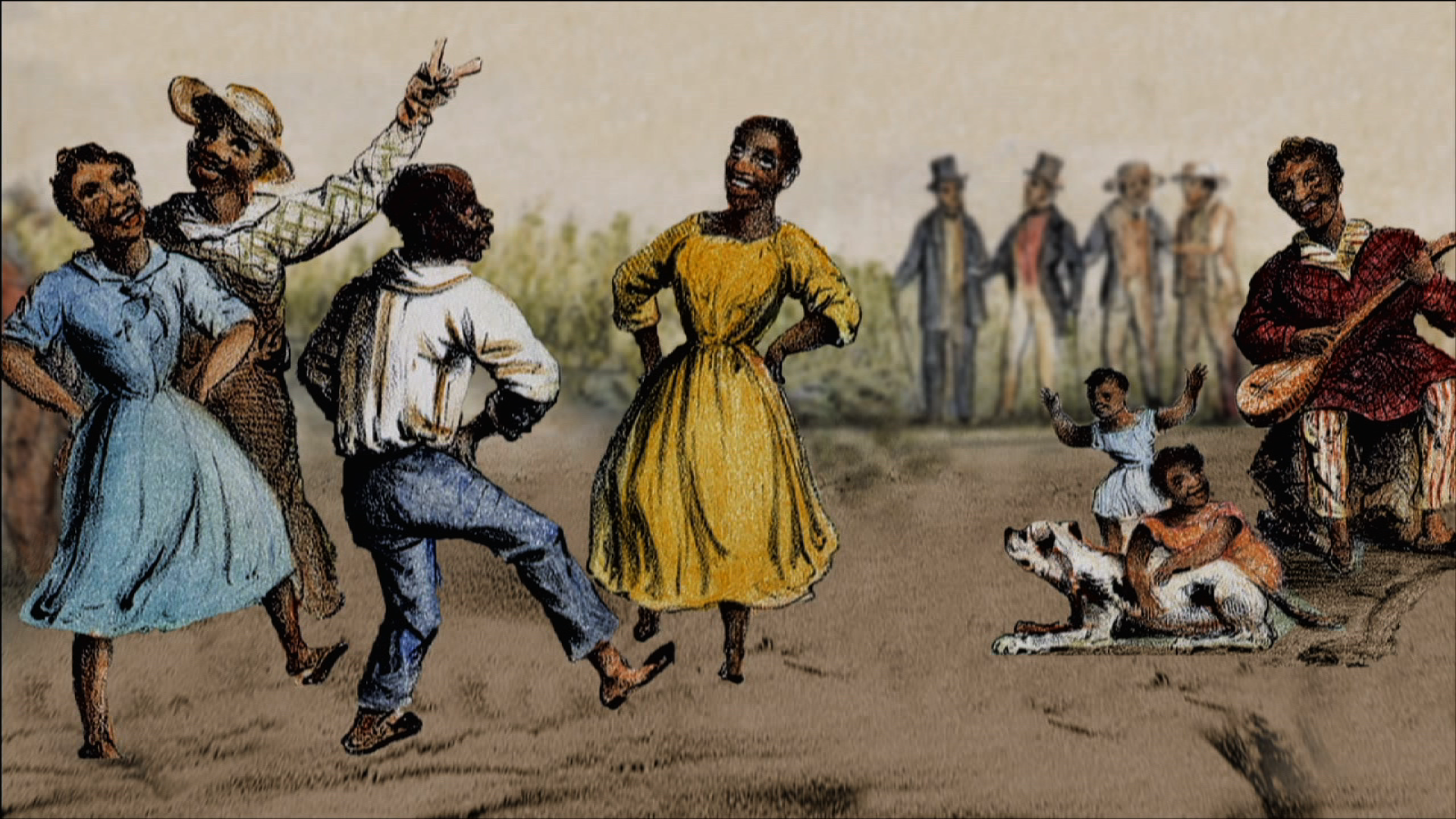
:max_bytes(150000):strip_icc()/Maya-Angelou-589c7dbe3df78c4758cf0abe.jpg)








































